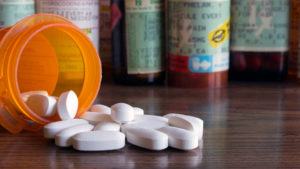
Helping someone with a drug addiction is difficult enough. Add depression to the mix and you’ve got yourself a real challenge. However, it’s not an impossible task, but it’s one that requires delicacy and a deep understanding of the problem and all possible solutions to it.
If you’ve been wondering how you can help your loved ones suffering from addiction and depression, or if you are seeking depression and addiction recovery then you’ve come to the right place. Let’s get into it.
Understanding Depression and Addiction Recovery
The first step in helping someone with drug addiction and depression is understanding their condition and the relationship between these two mental health disorders.
Drug addiction and depression often go hand in hand as drugs tend to affect pleasure and pain mechanisms in the brain which leads to chemical imbalances and depressive states.
These two mental health disorders are part of a vicious cycle of deteriorating mental health by exacerbating each other. Conversely, individuals who struggle with depression may turn to drugs as a way to cope with their symptoms, which in turn aggravates depression.
Therefore, depression and addiction recovery are only effective when both disorders are treated in parallel. Neglecting either will likely result in a relapse or a lack of progress.
Signs of Drug Addiction and Depression
If you suspect that someone you love might be struggling with addiction and depression then there are some signs you should look out for before approaching them.
Some of the signs of drug addiction and depression include::
- Not participating in social activities
- Neglecting hygiene
- Having mood swings or emotional outbursts
- Showing signs of anxiety or a frenzy
- Changes in sleep patterns or appetite
- Expressing feelings of hopelessness or helplessness
- Attempting to take their own lives
How to Help Someone With Drug Addiction and Depression
Once you have confirmed your suspicions, the next step is to act to offer the addict help. It is possible, however, that the addict will not be as receptive as initially thought. This is normal as both addiction and depression can cloud their thinking. If that’s the case, it’s best to use different strategies to convince them to receive help for depression and addiction recovery.
Show Empathy and Understanding
Being depressed as an addict can often bring up negative feelings like shame and the need for isolation. Offering an empathetic approach and showing you understand their condition will help the addict feel comfortable with you and ultimately help you persuade them to take the right decision.
By expressing empathy and understanding, you can also create a safe space for them to open up and share their thoughts and feelings.
Approaching an addict with judgment or force might push them away and make things worse. One must also remember that depression could be a risky mental health disorder that could lead to the addict taking their own life. For this reason, it’s always best to approach them with delicacy and with the assistance of a mental health professional.
Encourage Them to Seek Professional Help
There is no substitute for bringing a professional to the table even prior to approaching them. Seeking professional help is not just an option, it’s a necessity.
It can be extremely difficult to treat a dual diagnosis without the help of a professional. Even if the addict finds a way to stop consuming, chances are they could relapse once their depression weighs heavily on them.
Seeking professional help may involve finding a therapist or counselor who specializes in treating both addiction and depression. But the best approach is always to get in contact with a rehab center that offers treatment for co-occurring disorders.
Be Patient
The addict might unfortunately not be receptive right away. Therefore, patience and understanding are needed when dealing with their condition.
Even if they are receptive, challenges could come along the way like relapses. Being patient and offering continued support despite setbacks is one of the best ways you can help someone who needs depression and addiction recovery.
Encourage Healthy Habits
Finally encouraging healthy habits, such as regular exercise and a balanced diet, can also be beneficial in supporting depression and addiction recovery.
Healthy diet and exercise are both effective ways to help someone get out of a depressive rot and into wellness. As a result, they may be able to find the moral and physical energy they need to commit to sobriety by doing these things.
Professional Help
As we mentioned earlier there is no substitute for professional help when it comes to depression and addiction recovery.
In finding professional help you will want to look for a rehab center that’s able to meet the needs of your loved ones.
Elysium Healthcare is a top-rated recovery program in the United States that offers depression and addiction recovery treatment.
Contact us today to find out how we can help your loved ones get the help they need.







No comment yet, add your voice below!